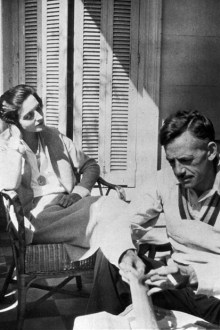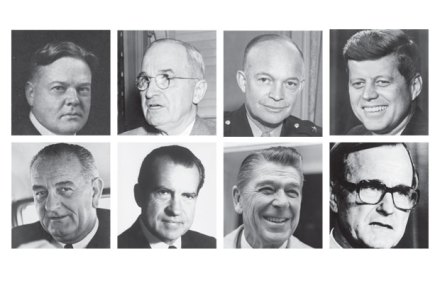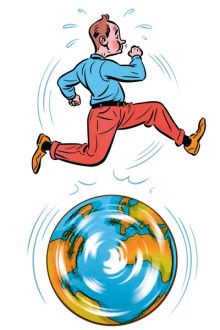Eugene O’Neill: the dark genius of American theatre
George Bernard Shaw called him a ‘Yankee Shakespeare peopling his isle with Calibans’. He was dubbed ‘a fighting Tolstoy’ and ‘the great American blues man of the theatre’. Before he was 35, Eugene O’Neill had emerged as the first real titan of American theatre, a preeminence he has never lost. When Sinclair Lewis was awarded the Nobel Prize in 1930, he responded that they should have given it to O’Neill, because he had done ‘nothing much in American drama save to transform it utterly… from a false world of neat and competent trickery to a world of splendour and fear and greatness’. O’Neill’s struggle to wrench American theatre into splendour,







